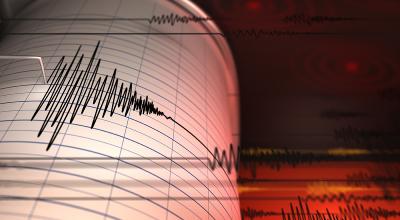Earthquake Preparedness
In the minutes, hours and days after an earthquake, your neighborhood and community may experience ground shaking, damaged buildings, landslides and fires (and possibly tsunamis if you are on the coast). The best way to avoid injuries, keep in touch with your loved ones and recover swiftly from an earthquake is to prepare now for how you and your family will respond when an earthquake strikes.
For help protecting your home and belongings during and after an earthquake, please see Protecting Your Home and Belongings. For basic information about earthquakes and related hazards, please see Earthquakes 101.
Getting started
Emergency management agencies in British Columbia, California, Oregon and Washington and the Federal Emergency Management Agency (FEMA) and some county and other local agencies provide earthquake resources to help you know what to do before, during and after an earthquake. These actions include:
Before the earthquake
- Prepare to be on your own for at least three days with a disaster supply kit including water, non-perishable food, first aid materials and copies of important family documents.
- Make a personal and family emergency response plan.
- Know how to turn off utilities.
During the earthquake: Drop, cover and hold
- If you are inside when you feel the ground shake, drop down to the floor.
- Take cover under a sturdy piece of furniture or seek cover against an interior wall and protect your head and neck with your arms. Avoid danger spots near windows, hanging objects, mirrors, or tall furniture. Hold the position until the ground stops shaking and it is safe to move.
- If you are outside, get into the open, away from buildings, power lines and trees. Be alert for falling rock and other debris that could be loosened by the earthquake,
- Expect aftershocks. Some may be large enough to do additional damage to weakened structures.
- If you are at the beach, move to higher ground as soon as the shaking stops to avoid a possible tsunami.
- Check your telephone and utilities.
- Be aware of potential hazards including downed utility lines, fallen objects and damaged chimneys.
- Listen to the radio for more information.
Agencies, guides and other resources
- FEMA: ready.gov/earthquakes
- Emergency Management British Columbia: Earthquakes and Personal Preparedness
- California Emergency Management Agency: Planning and Preparedness
- Oregon Emergency Management: Earthquakes
- Washington Emergency Management Division: Learning How to Survive Earthquakes
- What to Do Before, During and After an Earthquake (FEMA)
- Plan to Protect Yourself and Your Family (FEMA)
- Map Your Neighborhood Program (Washington EMD)
